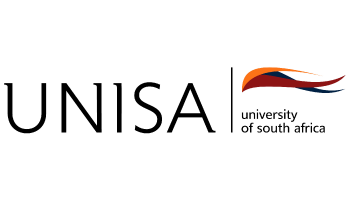Millions of South Africans still suffer the effects of chronic food insecurity, meaning they have no regular, safe and sustainable source of food. This degree aims to help alleviate poverty, hunger and nutrition-related disease by preparing students to manage community agricultural projects and provide training, whether working with not-for-profit agencies, government or private sector companies.
Type: undergraduate degree
Duration: 4 years full time
Compulsory Subjects
First year subjects:
- Principles of consumer science
- Applied science practical
- End-user Computing
- Practical agriculture
- Bio-resource ecology
- Crop physiology
- Irrigation and water management
- Soil fertility and plant nutrition
- Food preparation practical
- Introduction to nutrition and energy yielding nutrients
Second year subject:
- Business management
- Ecosystems
- Management as a process
- Development of resources
- Resource allocation and gender
- Food preparation
- Nutrition and nutrient deficiency diseases
- Introduction to Sociology: Societal structures and processes
- Societal structures and processes in the South African context
Third year subjects:
- Development approaches
- Community development
- Adult education and extension
- The community facilitator
- Advanced physiology
- Animal breeding
- Vegetable science principles
- Weed management
- Food behaviour
- Food security
- Indigenous cuisine
Fourth year subjects:
- Health and nutrition policies
- Agricultural policies
- SMME informal sector policies
- Strategic MGMT in non-profit organisations
- Resource allocation and participation
- Monitoring and evaluation
- Designing a project
- Community project
- Food preservation
- Food processing
- Beef production
Careers: community project manager, adult education manager, community agricultural extension officer, community facilitator.
Source: www.unisa.ac.za
